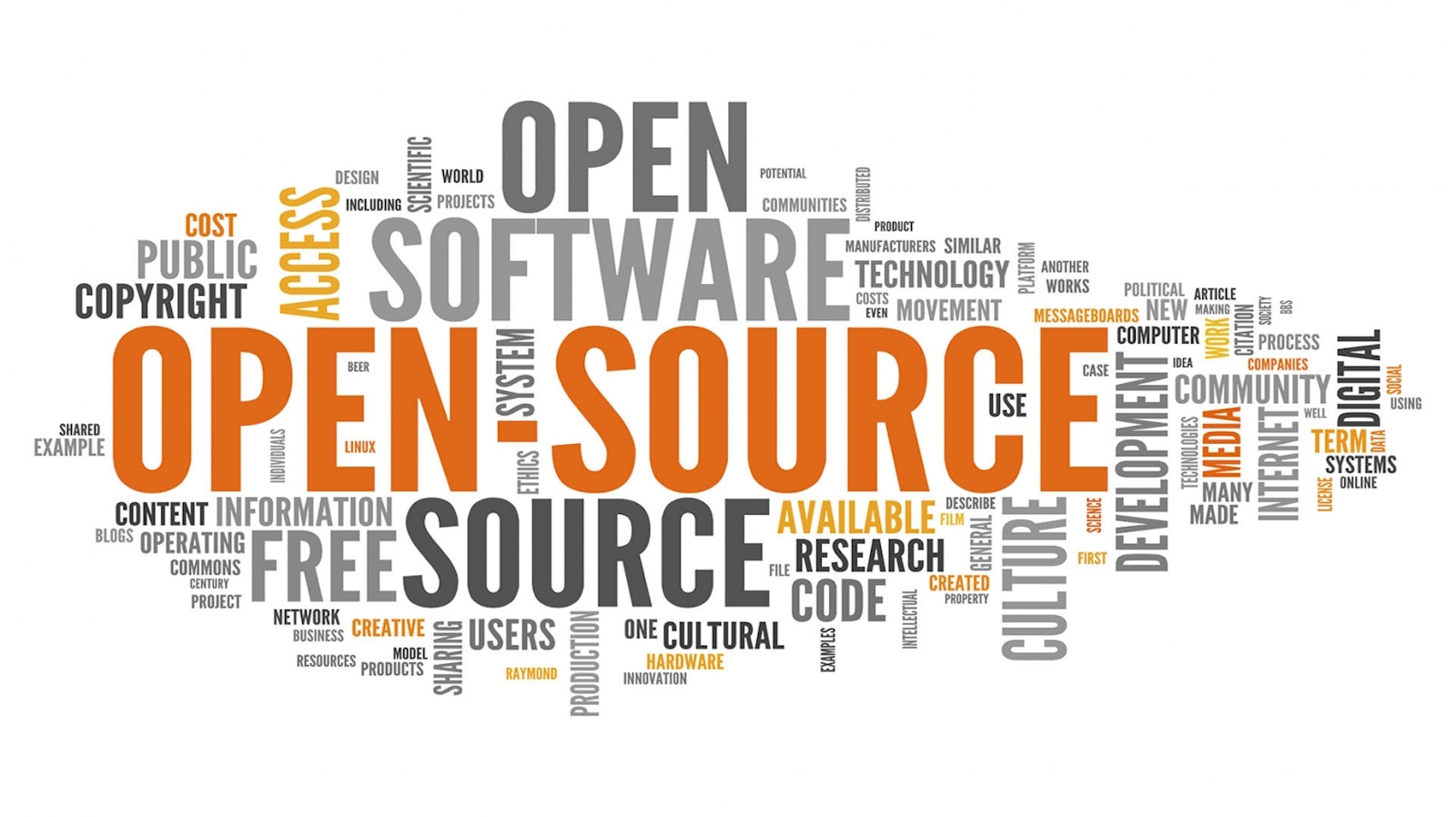Challenges in Open Source Project Contributions and Maintenance: Minimizing Errors

Open source projects, characterized by their accessibility, transparency, and collaborative nature, offer immense opportunities for contributions from developers worldwide. However, contributing and maintaining such projects without errors can present significant obstacles.

Communication and Collaboration Barriers:

Open source projects often involve distributed teams working asynchronously, leading to communication and coordination challenges. Misunderstandings or delayed responses can result in incorrect code implementation and integration issues. Establishing clear communication channels, documentation, and code review processes can mitigate these risks.
Lack of Testing and Quality Assurance:
Maintaining high code quality in open source projects can be demanding, especially if testing and quality assurance practices are not rigorous. Developers may overlook testing certain scenarios, leading to errors that can impact project stability and performance. Implementing automated testing frameworks, unit testing, and code coverage analysis can enhance code reliability.
Dependency Management Issues:
Open source projects often rely on various third-party libraries or frameworks. Managing these dependencies poses challenges, as updates or changes in them can introduce incompatibilities or security vulnerabilities. Automated dependency management tools can help track dependencies, identify conflicts, and ensure timely updates.
Version Control and Merging Conflicts:
Concurrent code changes and contributions from multiple individuals can create version control challenges. Resolving merge conflicts efficiently is crucial to prevent project regressions or unexpected behavior. Utilizing version control best practices, such as branching and pull request workflows, can streamline the merging process.
Code Complexity and Legacy Issues:
Complex code bases and legacy code can make it difficult to understand and maintain codebases. Developers may inadvertently introduce errors when modifying intricate portions of the code, especially if documentation or testing is inadequate. Regular code refactoring, modularization, and documentation updates can improve code readability and minimize errors.
Security Considerations:
Open source projects can be exposed to security vulnerabilities, either through code flaws or malicious contributions. Ensuring proper security measures are in place, such as code reviews, automated security scans, and vulnerability patching, is essential to maintain project integrity and protect users.
Overcoming these obstacles requires a concerted effort from project maintainers and contributors. Establishing clear guidelines, communication channels, and code quality practices can minimize errors and contribute to the overall stability and success of open source projects.## Open Source Obstacles: Contributing And Maintaining Projects Without Errors
In the world of open source software, there are a number of obstacles that can make it difficult to contribute to and maintain projects without errors. These obstacles can range from technical challenges to communication issues, and they can be a major source of frustration for developers.
In this article, we’ll explore some of the most common obstacles to contributing to and maintaining open source projects, and we’ll provide some tips on how to overcome them.
Executive Summary
Open source projects are a great way to get involved in the development community and contribute to the growth of the software ecosystem. However, there are a number of obstacles that can make it difficult to contribute to and maintain projects without errors. These obstacles can range from technical challenges to communication issues, and they can be a major source of frustration for developers.
In this article, we’ll explore some of the most common obstacles to contributing to and maintaining open source projects, and we’ll provide some tips on how to overcome them. We’ll also provide some resources that can help you get started with open source development.
Introduction
Open source software is software that is freely available for anyone to use, modify, or distribute. Open source projects are often developed by a community of volunteers, and they can range in size from small, single-developer projects to large, enterprise-grade applications.
Contributing to open source projects can be a great way to learn new technologies, improve your coding skills, and give back to the community. However, it can also be a challenging experience. There are a number of obstacles that can make it difficult to contribute to and maintain projects without errors.
FAQs
Here are some of the most frequently asked questions about contributing to open source projects:
- How do I get started? The best way to get started is to find a project that you’re interested in and start contributing. You can find projects on websites like GitHub and SourceForge.
- What should I contribute? There are many different ways to contribute to open source projects. You can write code, fix bugs, write documentation, or even just help out with testing.
- How do I know if my contribution is good enough? Before you submit your contribution, make sure that you have tested it thoroughly and that it meets the project’s coding standards. You can also ask for feedback from other contributors.
Obstacles
Here are some of the most common obstacles to contributing to and maintaining open source projects:
Technical Challenges
One of the biggest challenges facing open source developers is the sheer complexity of some projects. Open source projects can be composed of millions of lines of code, and it can be difficult to understand how all of the pieces fit together. This can make it difficult to make changes without introducing errors.
Important Pieces:
- Read the documentation: Open source projects typically have extensive documentation that can help you understand how the project works.
- Use version control: Version control systems like Git can help you track changes to the project and roll back any changes that cause errors.
- Test your changes: Before you submit your changes, make sure that you have tested them thoroughly using the project’s test suite.
- Get feedback from other contributors: Ask other contributors for feedback on your changes before you submit them.
- Use a code review tool: Code review tools can help you identify potential errors in your changes.
Communication Issues
Another challenge facing open source developers is the fact that projects are often developed by a diverse group of people from all over the world. This can lead to communication issues, as people may have different cultural backgrounds and communication styles.
Important Pieces:
- Be respectful: Always be respectful of other contributors, even if you disagree with them.
- Communicate clearly: Make sure that your communication is clear and concise, and avoid using technical jargon.
- Use collaborative tools: Collaborative tools like GitHub Issues and Trello can help you track and manage communication.
- Meet in person: If possible, try to meet in person with other contributors to build relationships and improve communication.
- Be patient: It takes time to build a community of contributors, so be patient with others and with yourself.
Lack of Resources
Another challenge facing open source projects is the lack of resources. Open source projects are often developed by volunteers, and they may not have the financial resources to hire professional developers or to purchase the necessary tools and infrastructure. This can make it difficult to maintain projects and to fix bugs.
Important Pieces:
- Get involved: The best way to help open source projects is to get involved and contribute your time and resources.
- Donate money: If you can’t contribute time, you can donate money to help support open source projects.
- Spread the word: Tell others about open source projects and encourage them to contribute.
- Use open source software: The more people who use open source software, the more likely it is that projects will be supported and maintained.
- Be patient: It takes time to build a sustainable open source community, so be patient and supportive.
Legal Issues
Another challenge facing open source developers is the fact that open source projects are often subject to a variety of legal issues. These issues can include copyright, licensing, and patent disputes. This can make it difficult to know what you can and cannot do with open source software.
Important Pieces:
- Read the license: Make sure that you understand the license of any open source software that you use.
- Get legal advice: If you’re not sure about the legal implications of using open source software, consult with an attorney.
- Contribute to legal efforts: There are a number of organizations that are working to promote open source software and to protect the rights of open source developers. You can help support these efforts by contributing your time and resources.
- Be aware of the risks: There are some risks associated with using open source software. For example, you may be liable for damages if you use open source software in a way that violates the license.
- Be careful: Be careful what you contribute to open source projects. Make sure that you have the right to contribute the code and that it does not violate any copyright or patent laws.
Time Constraints
Another challenge facing open source developers is the fact that they often have limited time to contribute to open source projects. This can make it difficult to complete tasks and to maintain projects.
Important Pieces:
- Set priorities: Decide which tasks are most important and focus on those tasks first.
- Use automation tools: Automation tools can help you save time on tasks such as testing and documentation.
- Delegate tasks: If possible, delegate tasks to other contributors.
- Take breaks: It’s important to take breaks from time to time to avoid burnout.
- Be realistic: Don’t try to do too much all at once. Start with small tasks and work your way up to larger tasks.
Conclusion
Contributing to and maintaining open source projects can be a challenging but rewarding experience. By understanding the obstacles that you may face and by following the tips in this article, you can increase your chances of success.
Keywords
- Open source
- Contributing
- Maintaining
- Errors
- Challenges

